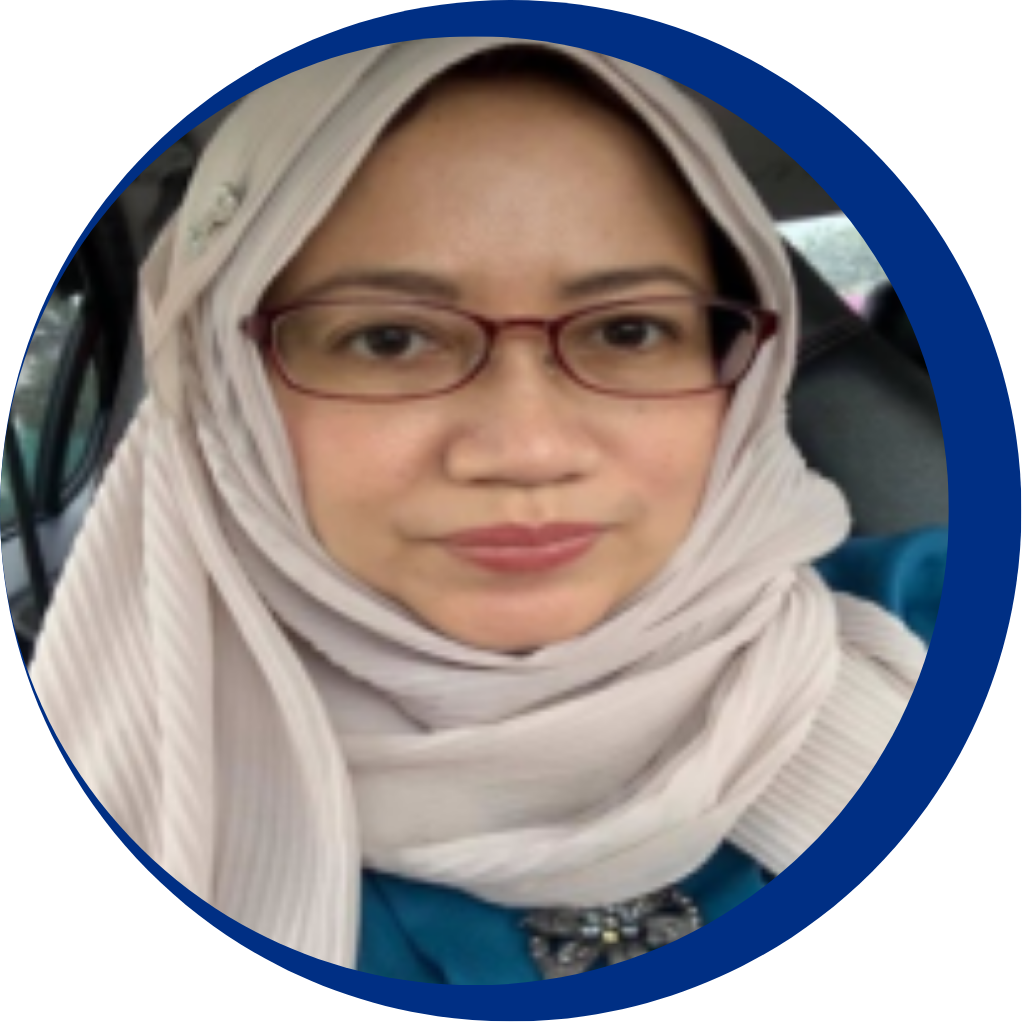Invited Speakers

Prof. Dave Towey
University of Nottingham Ningbo China, China
Dave Towey received his
BA and MA degrees from
The University of
Dublin, Trinity College;
PgCHE from University of
Nottingham; PgCertTESOL
from The Open University
of Hong Kong; MEd from
The University of
Bristol; and PhD from
The University of Hong
Kong. He was the first
foreign academic
recipient of the Zhuhai
municipal outstanding
teacher award, in 2007,
and he received the Lord
Dearing award in 2017
for his outstanding
contribution to the
development of teaching
and student learning. He
is a full professor, and
the associate dean for
education and student
experience for the
Faculty of Science and
Engineering. He is the
deputy head of the
School of Computer
Science, which he joined
in September 2013. He
also serves as deputy
director of the
International Doctoral
Innovation Centre
(IDIC).
After graduating from
The University of
Dublin, Trinity College,
Dave worked in Japan in
the late 1990s, helping
develop a breast cancer
screening tool using
ultrasound imaging
technology and fuzzy
reasoning.
After this, he lived in
Hong Kong from 2000 to
2005/2006, where, as
well as completing his
PhD, he worked at The
University of Hong Kong,
and as a teacher and
teacher trainer in the
local school system.
In 2005, he became
involved in a newly
created liberal arts
college in Zhuhai,
Mainland China, the
Beijing Normal
University – Hong Kong
Baptist University
United International
College (UIC), where he
remained until 2013.
While at UIC, he taught
modules related to
computer science,
linguistics, and
education. He also held
several roles, including
deputy director of the
English Language Centre,
and coordinator
(director) of the
Teaching English as a
Second Language (TESL)
degree programme. In
these roles, he oversaw
delivery of a large
number of pre-service
and in-service training
courses and workshops.
Dave's research
interests span a number
of areas, including
technology-enhanced
teaching and learning,
and software testing,
especially metamorphic
testing and adaptive
random testing.

Assoc. Prof. Zigang Ge
Beijing University of Posts and Telecommunications, China
Zigang Ge is an associate professor and academic adviser for MA and MS programs at the School of Humanities, BUPT. He was honored with the title of "Beijing Higher Education Young Elite Teacher" by the Beijing Municipal Government. has authored over 30 peer-reviewed papers in prestigious journals, both domestically and internationally, including Computers & Education, Computer Assisted Language Learning, International Journal of Computer-Supported Collaborative Learning, Interactive Learning Environments, and the Journal of Educational & Society. He has served on the editorial board of the Journal of Asia TEFL and has been a technical committee member for several international conferences, such as the International Conference on Signal and Image Processing (ICSIP) since 2019, and the International Conference on Digital Technology in Education (ICDTE) since 2022. In addition, He is an external reviewer for academic papers at the China Academic Degrees and Graduate Education Development Center.
Senior Lecturer Dr. Mariam Mohamad
Universiti Sains Malaysia, Malaysia
Dr. Mariam Mohamad is a Senior Lecturer at Universiti Sains Malaysia, Penang Malaysia. Her research interest is in the field of mobile learning and mobile assistive technology. Dr Mariam was acknowledged as one of the pioneers from Malaysia in mobile learning research, in the book entitled Mobile Learning in Higher Education in the Asia-Pacific Region published by Springer. Her work also referred by UNESCO in the publication entitled; Turning on Mobile Learning: Illustrative Initiatives and Policy Implications. Dr. Mariam has extensive experience in disseminating her work internationally. She actively involves presenting her work in international conferences with ISI Web of Science and SCOPUS indexed status. She has shown her capability in her area as invited speakers. She was invited by UNESCO to present her work in Mobile Learning Week 2014 at UNESCO headquarters in Paris. Recent contribution was as invited speaker in ICEPS 2023, ICLLL 2023, AETS 2024, ICETM2024 and ICLLL 2024. As one of the renowned researchers in mobile learning in Malaysia, she was elected as an exco member for Mobile Learning Association Malaysia. For her success in the field, in 2021, she was awarded with international grants which include Sumitomo Foundation and Japan Foundation to support her research in mobile assistive technology. She also won various prestigious innovation competition and the latest achievements include; (i)Silver medal award from International Innovation Arsvot Malaysia (IAM 2021) entitled “Learning module for history subject via mobile based learning” and (ii)Bronze medal award from International Innovation Arsvot Malaysia (IAM 2021) entitled “Education in need and demand victory app: An innovation framework utilizing virtual reality to improve visual learning ability and students performance gain in history lessons contents”. For the community, she also devoted her time as the Advisor for Special Need Students Association, University Sains Malaysia and a Committee Member for Research & Development Unit, Malaysian Association for The Blind.
Assoc.Prof. Yu Dai
Tianjin University, China
Yu Dai received the Ph.D. degree from The University of Tokyo in 2013. She was a Postdoctoral Fellow with Prof. Qiang Li at Tsinghua University between 2013 and 2014. She is currently an Associate Professor in the school of Education, Tianjin University. Her research interests include evolutionary game theory, educational technology, curriculum theory, sociology of education, and methodology of interdisciplinary study.

